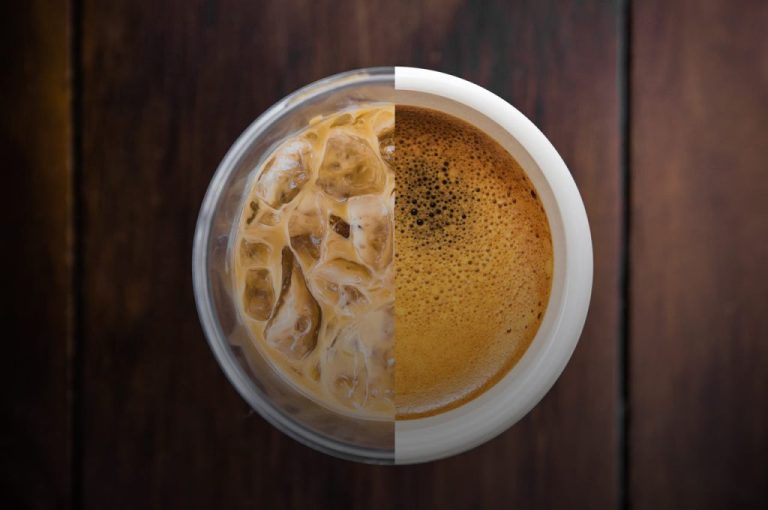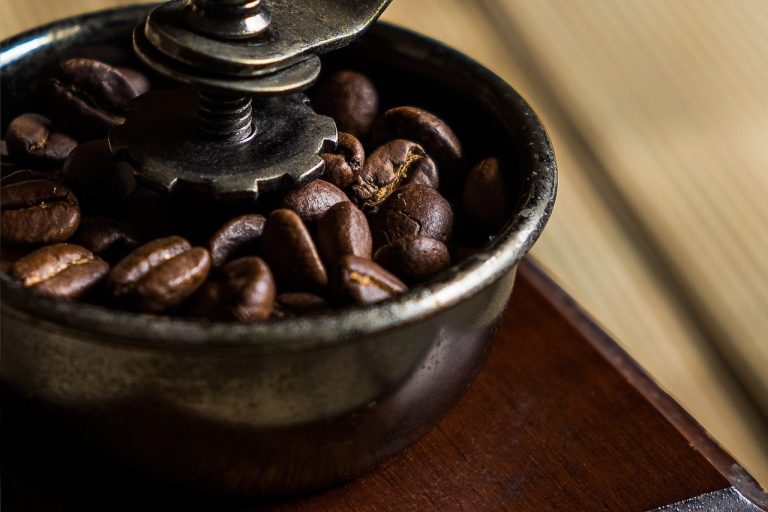One of the most popular drinks worldwide, espresso has remained a staple in the coffee industry since the 19th century. If you missed last week’s blog post on espresso fast facts, click here to bring yourself up to speed on the latest espresso news.
For those in the loop, today we’re going to be diving into the long and vast history of this global phenomenon. Coupled with a love for coffee and brilliant engineering, Milanese inventor Luigi Bezzera created the first espresso drink over 100 years ago, and the rest is history.
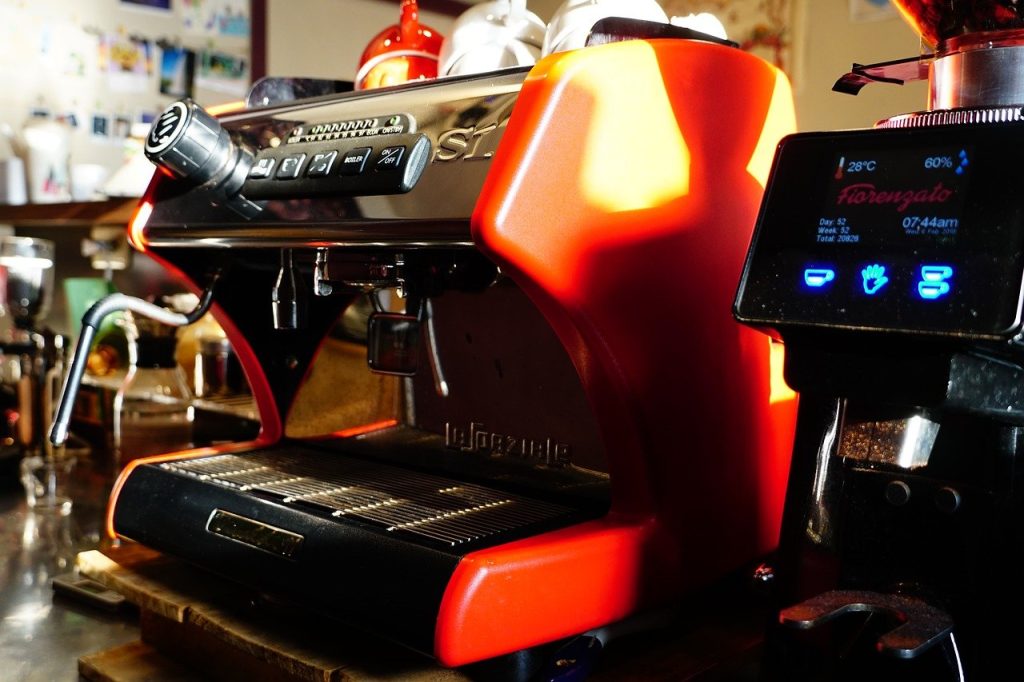
With the genius idea of brewing with steam pressure, coffee took a giant leap into the future of brewing techniques. Although the original espressos machine bore minimal resemblance to modern machines, the original concept invented by Luigi Bezzera remains at the center of all espresso brewing to this day.
Named the “La Ideale,” the original espresso machine reached an average temperature of 140 degrees and only a 1.5-bar pressure system compared to today’s machines which reach up to 9-bars. Even without the power of today’s brews, the first espresso machine was born and took the coffee world by storm.
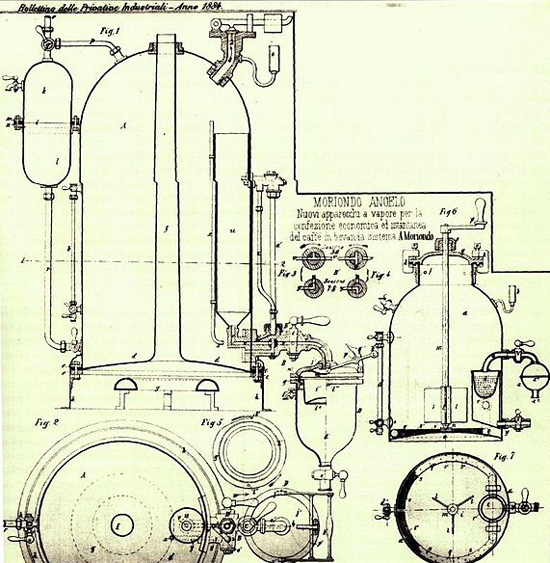
As years went on and improvements were made to the brewing process, the word “espresso” made its way into the Italian dictionary by the 1920s. The strength of espresso quickly brought it into the limelight of coffee lovers, and by 1948, patents were filed to make a cheaper and more assemble version of espresso machines.
The “FAEMA E61” patent featured the first semi-automatic machine that was both easy to make and easy to sell. After the introduction of the “FAEMA E61” patent for espresso machines, coffee culture evolved like never before.
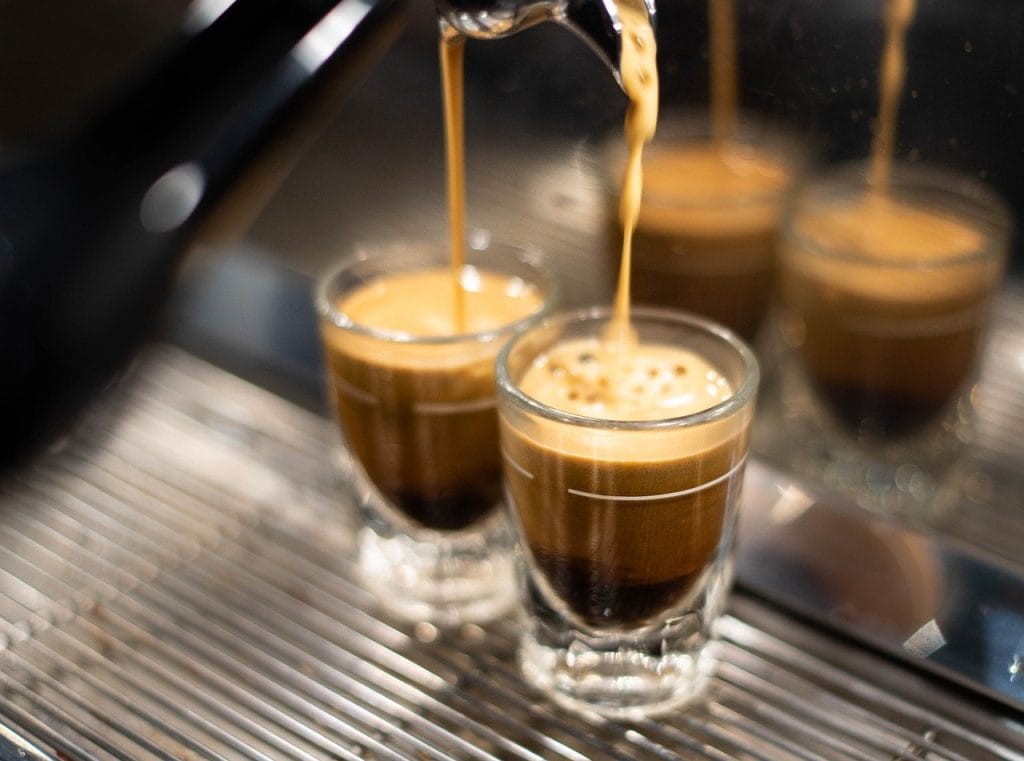
While we all love espresso as a part of our everyday routine, it’s important to recognize the vast history behind it all. When you process your next espresso through your at-home machine, give a shoutout to the man behind it all, Luigi Bezzera.

